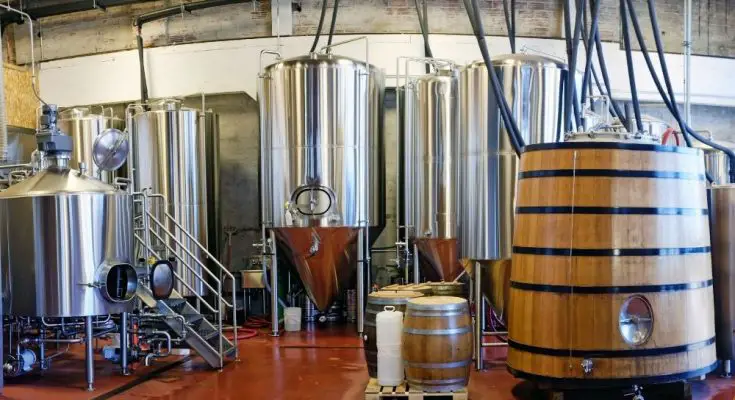Brewing beer is a far more exact science than some people might assume. Many people believe that, because of the yeast, brewing beer is a toss-up and there isn’t much you can do to ensure it works. On the contrary, you can control a lot of the process as long as you stay diligent. Take proper sanitation, for example. Sanitation is crucial to the brewing industry as it allows brewers to achieve consistent results in their brewing. Here’s why brewers take it so seriously.
Beer Flavor Consistency
One of the major reasons sanitation is so important to brewing is because brewers want to create consistent flavors over multiple batches. Without proper sanitation, many of the oils and chemicals produced during the process get stuck to the brewing vessels and can completely alter the flavor of the next batch of beer put into that tank. A fully sanitized vessel allows for repeatable brewing over multiple batches.
Less Product Contamination
What’s left behind after brewing and draining a tank won’t just ruin a beer’s flavor; it can develop into contaminants that can make us sick. Cleaning out a keg or brewing tank is only the first step. Without proper sanitation procedures after cleaning, microorganisms can still be present inside the tank. These microorganisms can replicate in the next batch of beer, tainting it completely in the worst-case scenario.
Ensure Equipment Longevity
Those microorganisms don’t just hurt the beer itself; they reduce the lifespan of the equipment as well. Cleaning commercial brewing equipment might take a sizable chunk of time, but not doing so will cost plenty more money in the long run. This is because old beer contaminates the equipment and makes it unfit for continued use. Proper sanitation makes it so that nothing can prematurely age and wear down these expensive pieces of equipment.
Protect Yeast During Brewing
Yeast is a key component of brewing beer, and it can be a finicky creature on its own. If a brewer wants their yeast to behave a certain way, they need to remove any foreign matter that could interfere with its reproduction. Taking the time to properly sanitize brewing equipment means that the next batch of yeast used in those tanks will have a clean environment in which to reproduce without anything interfering.



